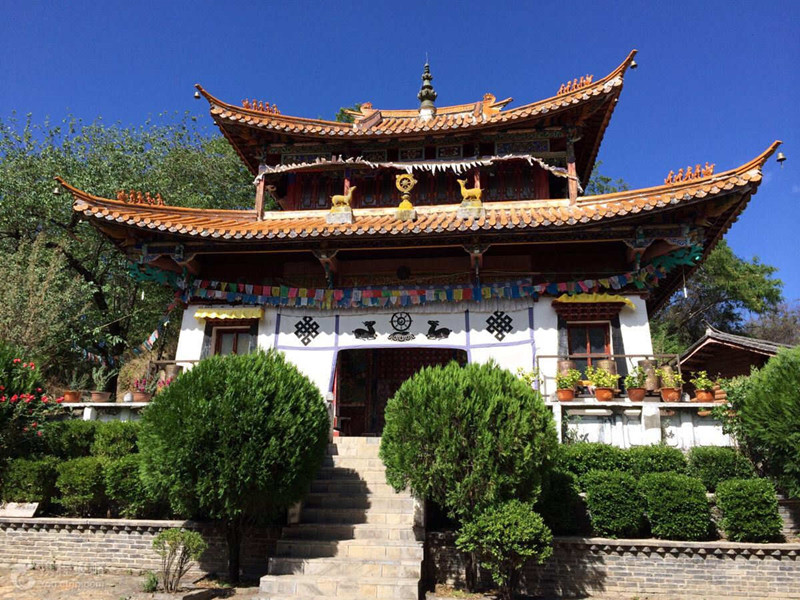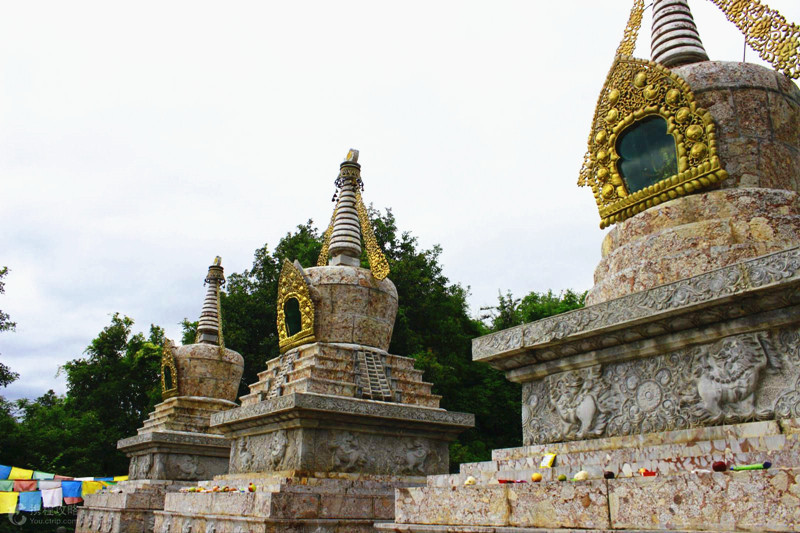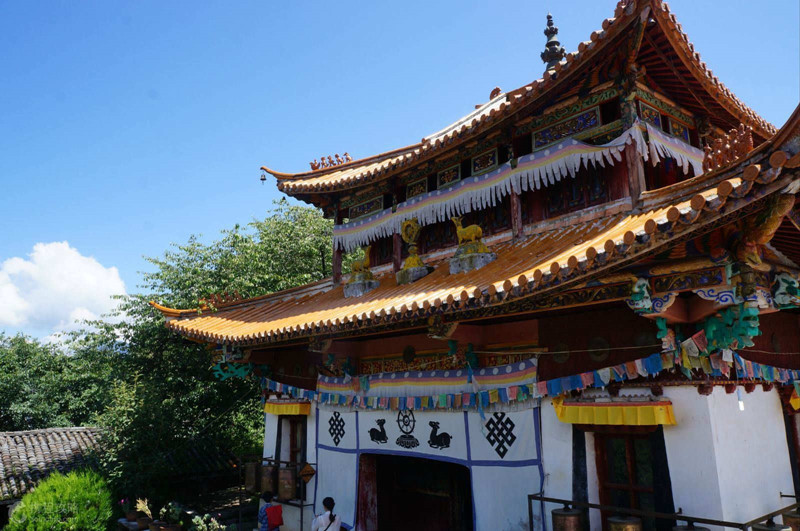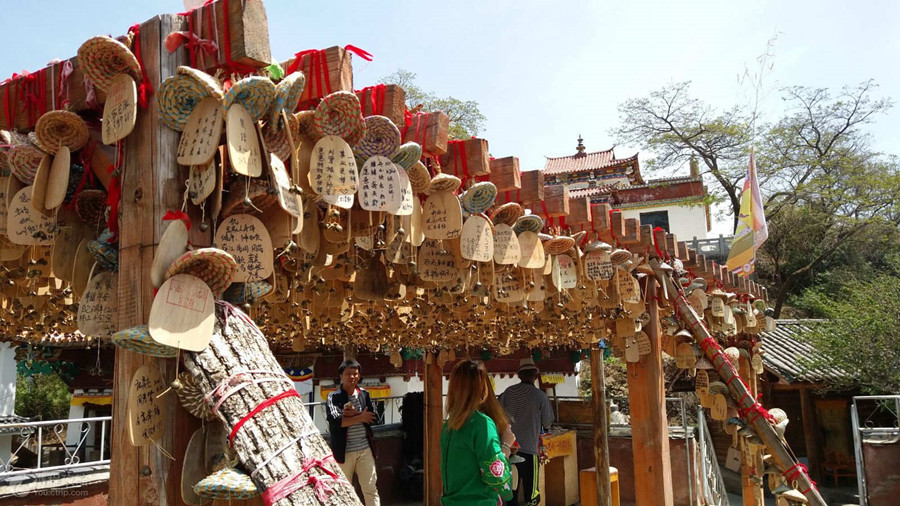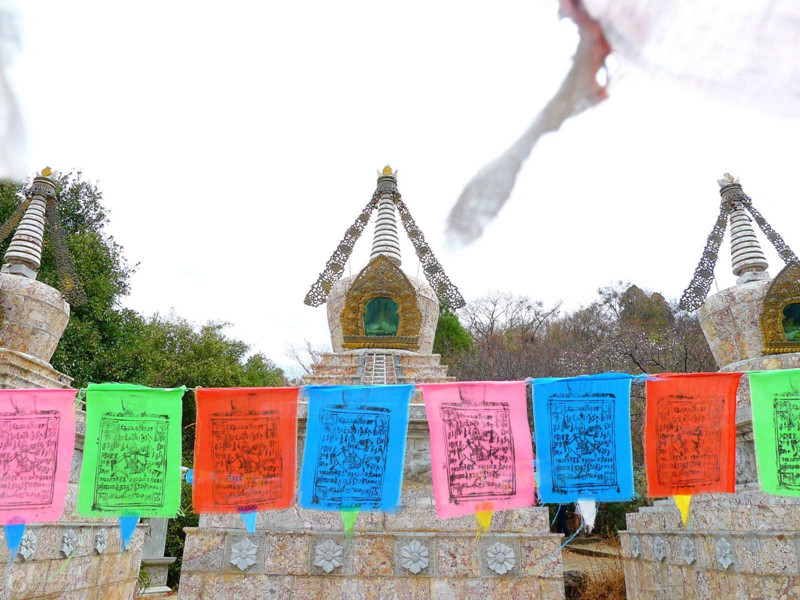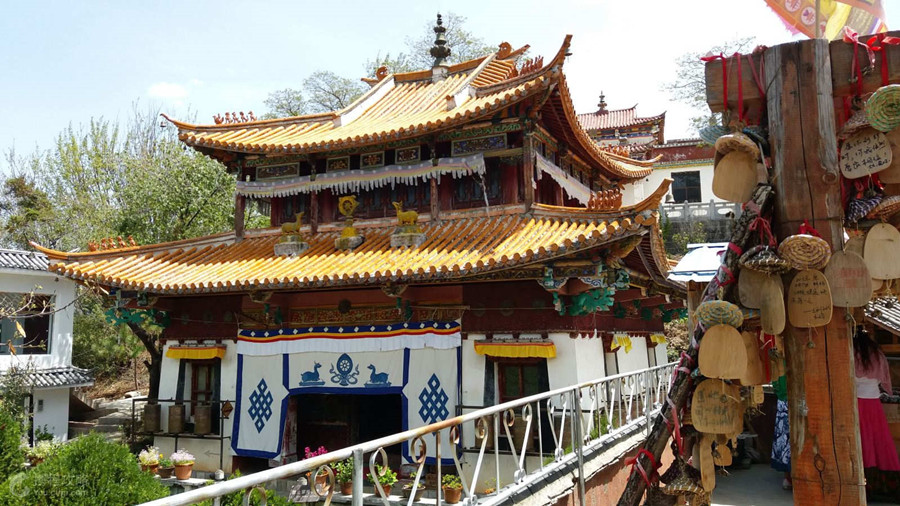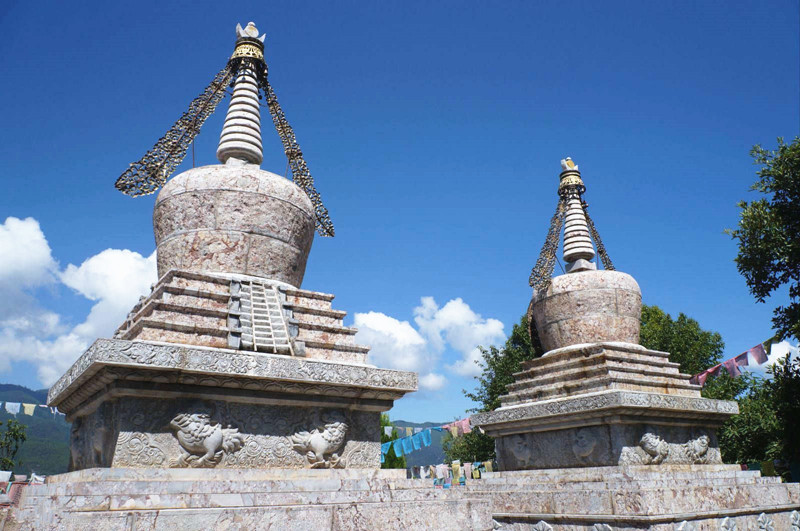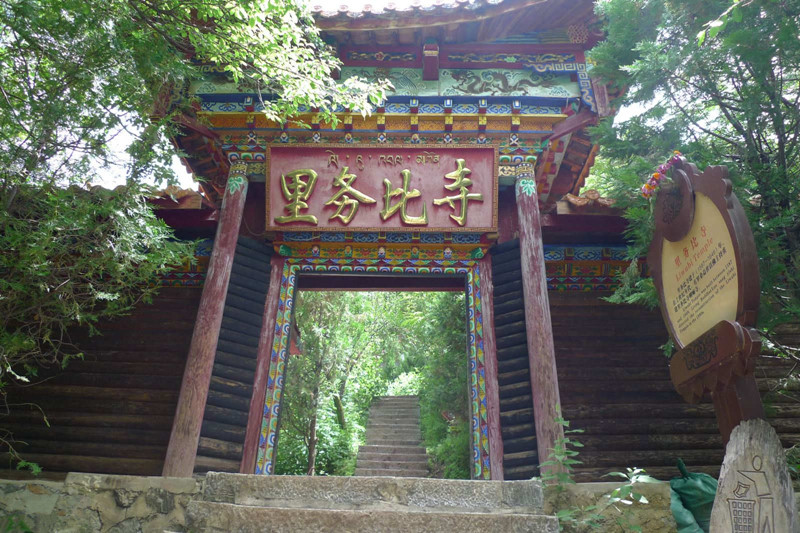Liwubi Temple of Lugu Lake in Lijiang
Overview
Liwu Bi Temple (里务比寺), belonging to the Yellow Hat sect (黄教) of Tibetan Buddhism, was established in 1634 AD. This temple is a significant religious site where various Buddha statues and ritual implements are donated voluntarily by local worshippers.
Inside the temple, you can find statues of Shakyamuni Buddha (释迦牟尼), Guanyin (观音), the Thousand-Handed and Thousand-Eyed Buddha (千手千眼佛), the founder of the Gelug school of Tibetan Buddhism, Tsongkhapa (宗喀巴), and his two disciples, along with various protective deities. Notably, the statue of the living Buddha Rosang Yishi (罗桑益世活佛) was created at the initiative of Akge Gezi (阿克格西), a high-ranking Gelug monk in Luoshui Village (落水村).
Name and Location
- Chinese Name: 里务比寺
- English Name: Inner Temple than Temple
- Location: Ninglang Yi Autonomous County (宁蒗彝族自治县), Yunnan Province (云南省)
Climate Conditions
Liwu Bi Temple is situated in a monsoon climate region.
Opening Hours
- Summer: May 1 – September 30: Monday to Sunday, 09:00 – 17:00
- Winter: October 1 – April 30: Monday to Sunday, 10:00 – 17:00
Ticket Price
Free admission
Nearby Attractions
- Lugu Lake (泸沽湖)
Temple Introduction
In the early 1960s, Liwu Bi Temple was destroyed for being a product of feudal superstition. However, in 1989, under the advocacy of Living Buddha Rosang Yishi, the government funded its reconstruction, which was carried out by the local community and implemented by the County Tourism Bureau. The temple was completed in December 1999.
On the main gate, there is an inscription in Tibetan written by Living Buddha Rosang and translated into Chinese by the famous calligrapher Shang Wen (尚文). The inscription reads “Yuchi Qionglou” (玉池琼楼). On every Tibetan holiday or Buddhist festival, large religious activities are held here, especially the grand fasting and abstinence ceremony that begins on the second day of the sixth lunar month. Many devotees from lakeside villages and places like Yongning (永宁), Labo (拉伯), Sichuan (四川), Qiansuo (前所), and Zuosuo (左所) voluntarily participate, often reaching over a hundred participants.
During the ceremony, devotees may perform thousands or even millions of prostrations and engage in fasting and silence as part of their spiritual practice to accumulate merit. Many elderly participants continue this practice yearly until they can no longer do so physically. By partaking in such austerity practices, they pray to avoid being reborn as beings that cannot speak and lack food during the cycle of life and death.
Historically, though Liwu Bi Temple was small, its reputation was significant. It was said to manifest signs whenever disasters struck nearby villages. Incidents such as Buddha statues losing their hats or stepping down from their platforms have occurred here, which drew many visitors to the newly rebuilt temple, leading to a resurgence of worship and incense offerings. Moreover, high monks frequently practice and serve the Buddha here, offering divinations and astrological readings to locals, providing comfort to many wounded souls. As the saying goes, “A temple does not need to be large; its power lies in its spirit.”
Address
- Location: Ninglang Yi Autonomous County (宁蒗彝族自治县), Yunnan Province (云南省), China
How to Get There
Liwu Bi Temple is accessible by local transportation options available in Ninglang County. Visitors can take a taxi or local bus services to reach the temple area. Once in Ninglang, it is advisable to ask locals for the best routes to the temple.
Travel Tips
- Respect Local Customs: Dress modestly and observe the local customs when visiting the temple.
- Plan for Weather: Check the weather forecast, as Yunnan experiences diverse climatic conditions.
- Participate in Activities: If visiting during a festival, consider participating in local activities for an immersive cultural experience.
- Bring Offerings: It’s customary to bring offerings when visiting Buddhist temples; simple items like flowers or incense are appreciated.
- Stay Hydrated: Carry water with you, especially if you plan to explore the surrounding areas of the temple.
